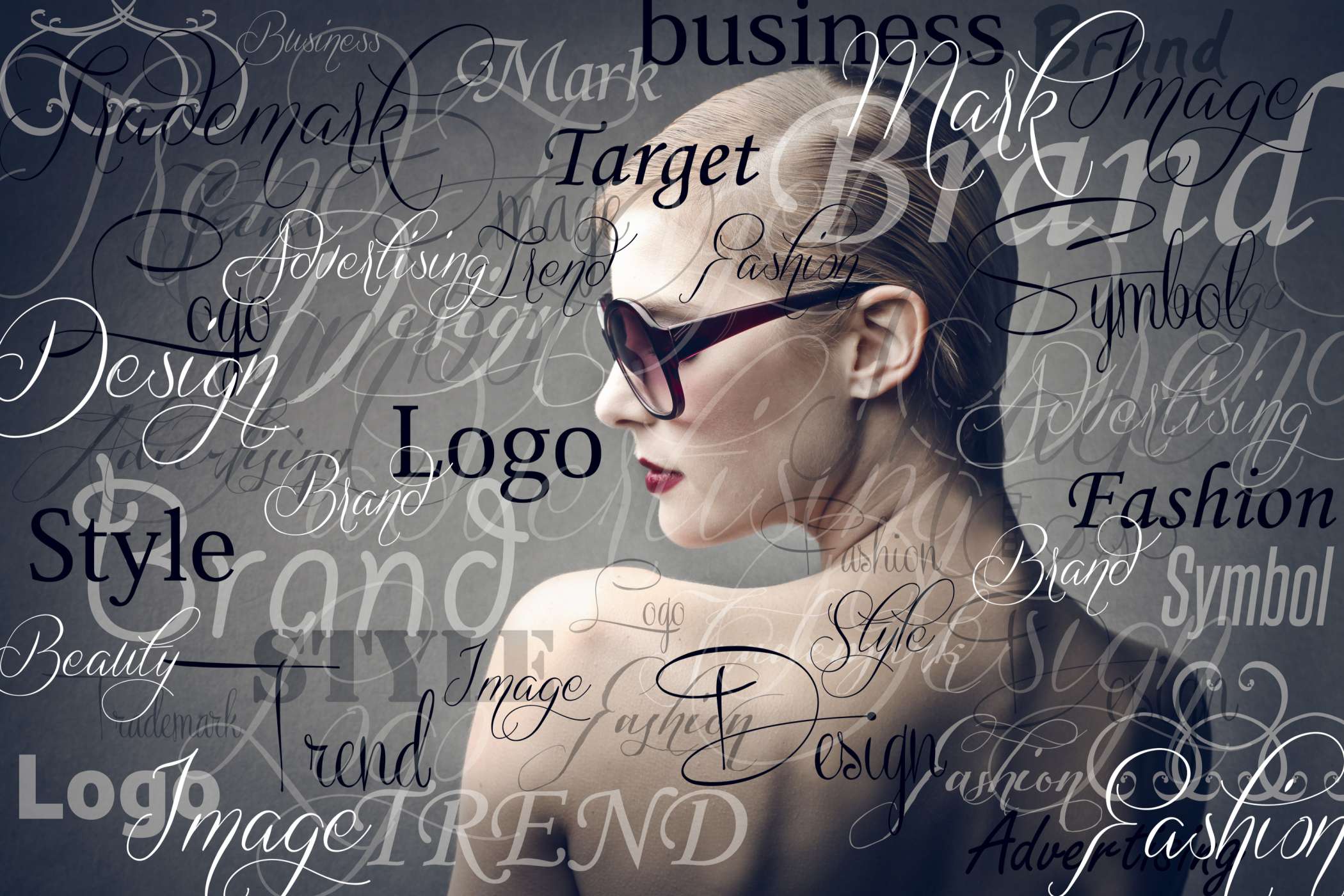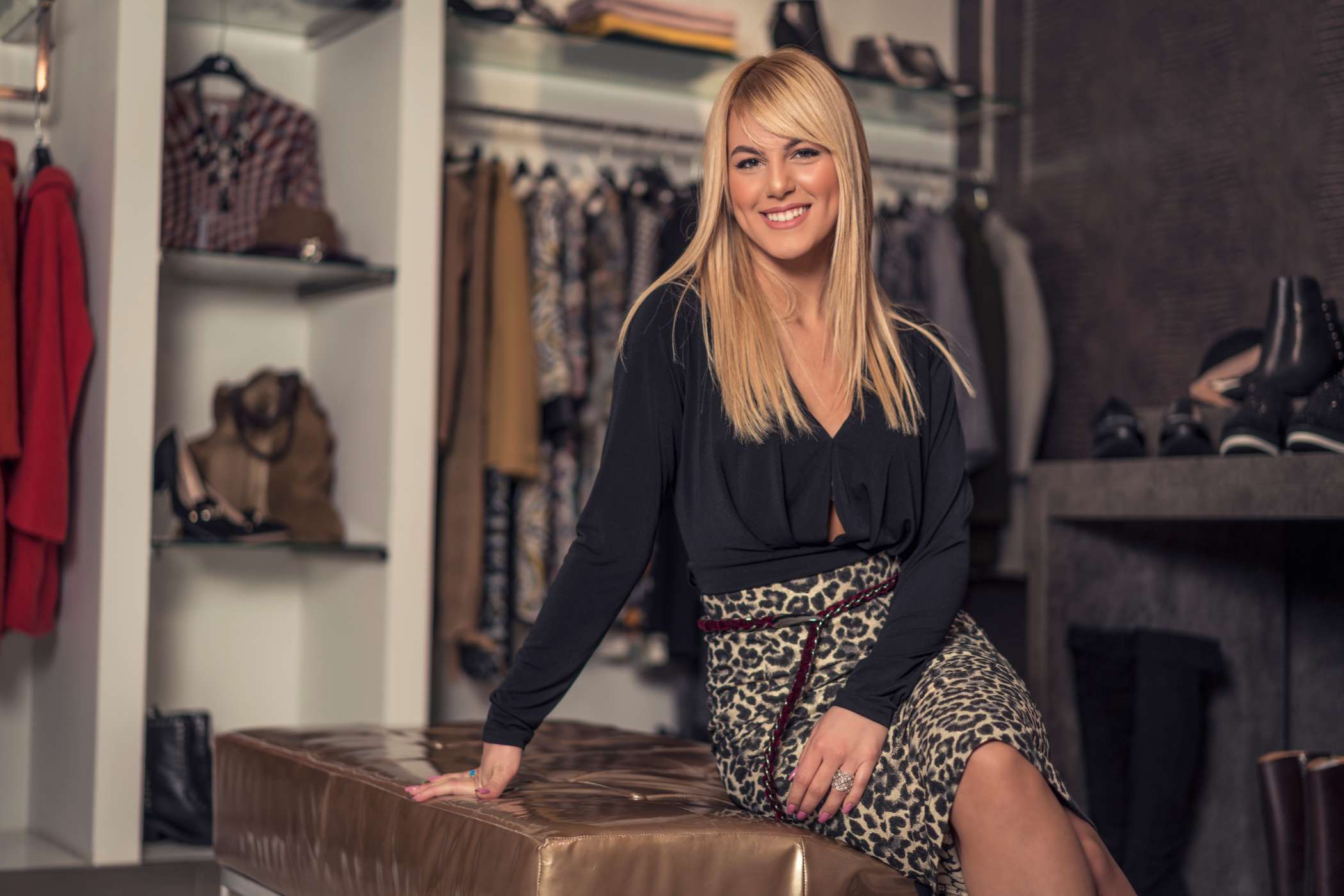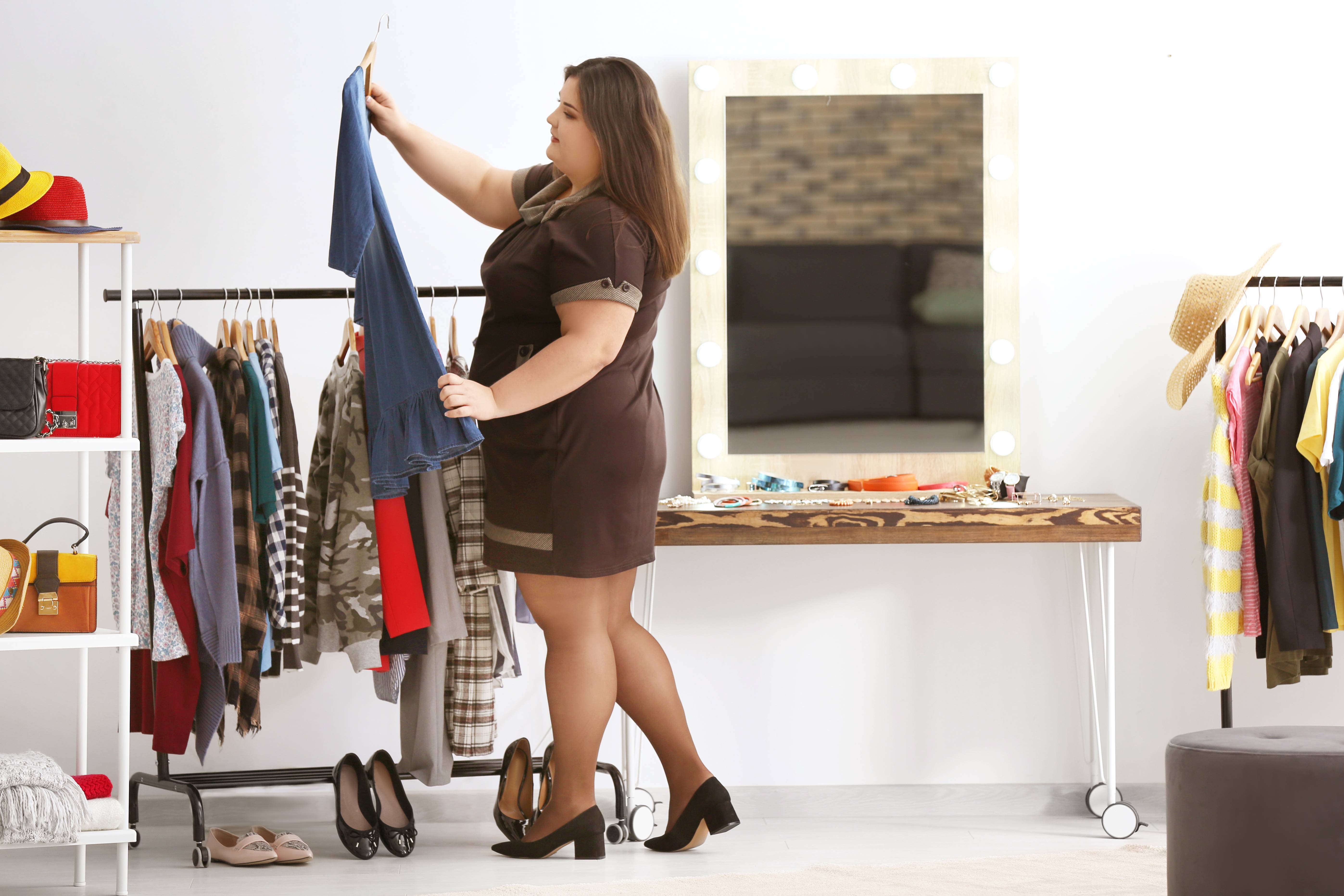Fashion Buying, Merchandising, Retailing - Bring Your Top Game to the Market



A career in fashion can involve many roles and not just the traditional fashion designer that we’ve all heard. From fashion buyers, merchandisers to fashion retailers, there are many different jobs in the industry, especially in today’s fashion world.
It might get confusing to decide what jobs demand what, so we’ve described a few of them below:
What is Fashion Buying?
Fashion buying is one of the most popular careers in fashion because it involves travelling and opportunities to attend big and reputable fashion shows. Fashion buying is perfect for people who are both creative and have a business mindset. It has to do more with business than with design.
The Importance of Fashion Buying
Fashion buying is challenging, fast-paced, and competitive but rightfully so as the rewards that come with the challenges are equally significant. Your choices as a fashion buyer almost directly impact the brand’s decisions and policies. Fashion buying is competitive and requires a near-perfect balance of skills necessary to make it in the industry. You could be trendspotting at a fashion festival one day, and the next day you could be sitting in front of the board of directors.
What is precisely that fashion buyers do?
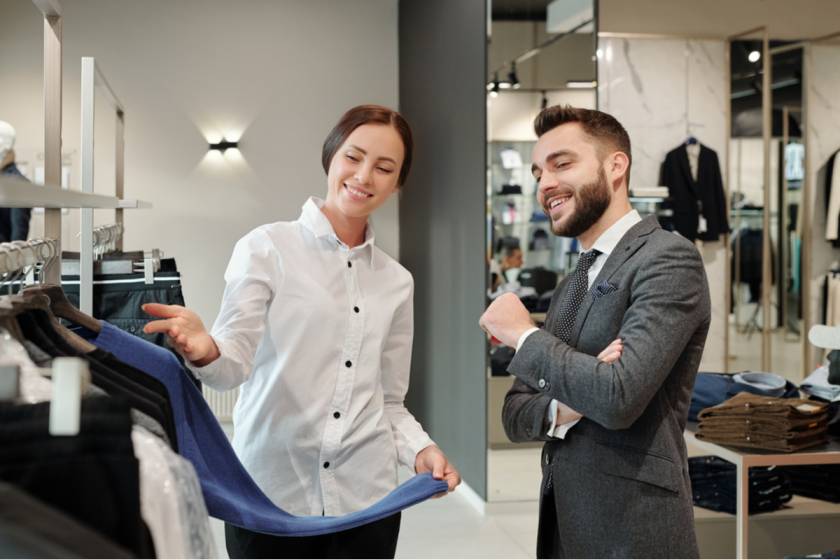
In short, fashion buyers are the people who help brands decide what to sell in their stores that will get them the highest possible revenue. They analyse patterns in what consumers prefer to buy and in what season. Fashion buyers are experts at predicting what future trends could be in the market. They evaluate the general market, the price levels, and the consumer demand to plan new ranges of clothes to be sold. They are also responsible for reviewing the current stock of clothes in a store and deciding what to replace.
Some of the essential skills of a fashion buyer are:
- Forecasting Trends
Fashion buyers have to be well versed in fashion trends in the market to know what to buy. They need to know what is popular at the moment and to be able to predict future trends.
- Analytical Skills
Since fashion buying involves being knowledgeable about business, fashion buyers usually have good analytical and numerical skills. Fashion buyers have to organise budgets and keep track of inventories, which requires them to be well-versed with spreadsheets and quick mental arithmetic.
- Organisation Skills
Fashion buyers have good time-management skills as it is a very fast-paced and demanding job.
What is Fashion Merchandising?
As mentioned earlier, the fashion industry is an intricate industry with various job roles in the market. A fashion retailer works hard behind the scenes of a fashion brand to get consumers to buy its products. Fashion merchandising involves ensuring that the brand has the right products and goods available at the right time of year, at the right price, and in the right stores.
The Important Aspects of Fashion Merchandising
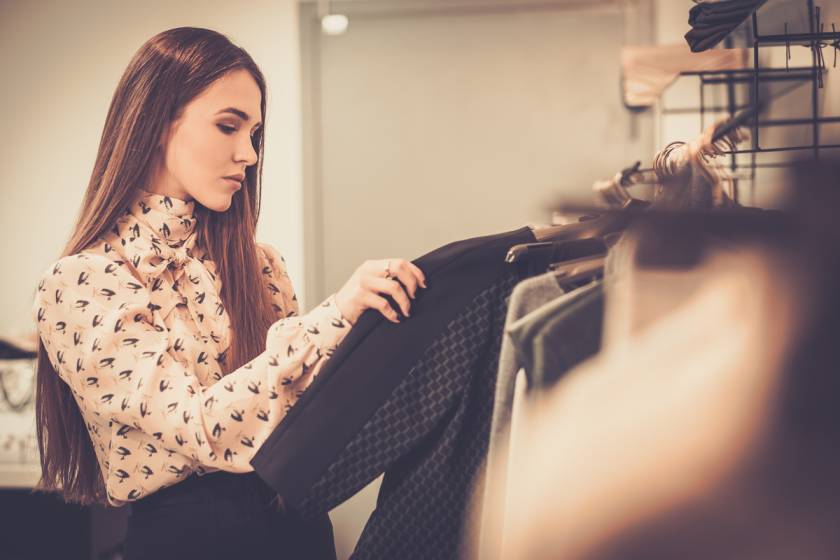
The two important aspects of fashion merchandising are predicting, understanding, and responding to consumer demands to generate maximum sales and revenue. It is very closely related to fashion buying but is more on the business side of things. Fashion merchandisers work closely with fashion buyers and designers to help a brand decide what kind of stock to put in their stores. They work under a pre-allotted budget by observing the latest trends to determine what to produce and in what quantity.
Some of the essential skills of fashion merchandising are:
- Problem Solving Skill
Like fashion buyers, merchandisers need to be well versed in numerics and arithmetic and should be great problem solvers. They follow developments in the current trends in the market and analyse sales data to make sales estimates, and decide what to stock up for upcoming seasons.
- Interpersonal Skill
Merchandisers should also be good at maintaining interpersonal relationships with everyone as their day-to-day job involves meeting up with different brands and people to determine the latest trends. An e-commerce fashion merchandiser has to meet multiple brands every day to stock up their website, and a multinational merchandiser needs to contact manufacturers. In short, interpersonal skills are an essential part of excelling at fashion merchandising.
- Marketing Skills
The duties of a fashion merchandiser don’t just end with stocking up the stores. Fashion merchandisers also have to promote the products, use their data to finalise store displays and decide what promotional campaigns to use to increase sales.
- Industry Knowledge
Fashion merchandisers should have the skills to work with multiple departments and have a vast knowledge of how the industry operates from the inside. Fashion merchandising is a dynamic and demanding role because merchandisers have to coordinate between departments to get good at their jobs.
What is Fashion Retailing?
Fashion Retailing is the part of the fashion industry that acts as an intermediary between consumers and the brand. In layman's terms, fashion retailers buy from manufacturers and sell them to the consumers.
Academics and Interpersonal Skill
Fashion retailing is diverse and dynamic and demands a strong combination of academics and interpersonal skills. Fashion retailers are often required to be in constant contact with consumers, manufacturers, and designers. It requires them to have good communication and interpersonal skills.
Understanding Skill
Fashion retailing also involves understanding, analysing, and predicting consumer habits and demands to get the buying and selling smoothly.
Industry Knowledge
Furthermore, fashion retailers are well-versed with the inner and outer workings of the fashion industry. They are up to date with the products sold by their brand and can predict future market trends by analysing current trends and consumer behaviour.
Marketing Skill

Most importantly, fashion retailers should be well versed in business and selling skills. They should have the ability to convince people to buy their products. They should be able to persuade people to take an interest in their brand.
Other basics of fashion retailing include:
- Finding and identifying the right suppliers for the brand.
- Strategising for developing and selling their products.
- Reviewing the pre-existing products.
- Deciding which ones to replace.
Fashion retailing also includes fashion marketing and ensuring that the products are smoothly transitioned from the manufacturers to the consumers with the least amount of hassle. Fashion retailers are also required to set targets for sales, make budgets, and promote products.
Wrapping up
As is evident from everything mentioned above, the fashion industry is a high-stakes and fast-paced job that requires not just the knowledge of design but also arithmetic, business, and interpersonal skills. It is a highly competitive field that requires complete dedication from everyone who works in it. It is also clear that all the three jobs mentioned above are closely related and often mistaken for the other. It is because the fashion industry is closely interrelated to various job descriptions.
All the different departments of the industry have to work closely with each other to have a successful showing at a store or a fashion show. These jobs quite literally decide what we will wear and what will be in trend in future seasons.
If you want to know more about how each of these jobs functions, or if you want to know a place to source clothes from, you can contact Fashinza for more details.















